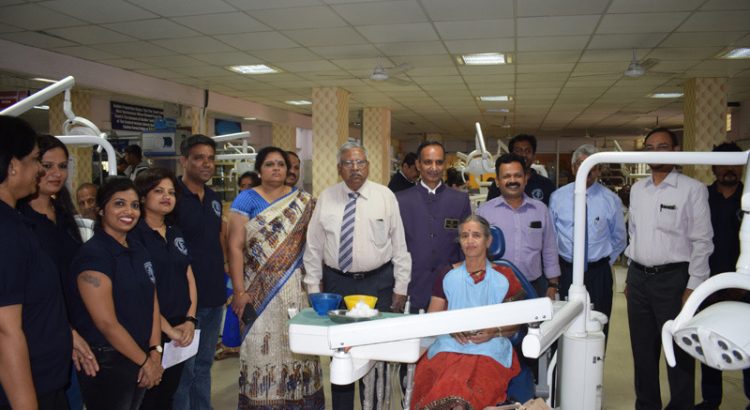
How to Choose the Right Public Health College for You
Choosing the right public health college is one of the most important decisions you’ll make on your educational journey. The right program will equip you with the skills, knowledge, and experiences you need to make a meaningful impact in community health, global health trends, public health colleges But with so many options available, how can you ensure you’re making the best choice? This guide walks you through key considerations to help you find the public health college that fits your personal and professional goals.
Evaluate Accreditation and Reputation
The first step in choosing a public health college is verifying that the program is accredited by a recognized body, such as the Council on Education for Public Health (CEPH). Accreditation ensures the program meets rigorous academic and professional standards, giving you confidence in the quality of education you’ll receive. Additionally, research the college’s reputation within the field. Look at rankings, faculty credentials, and alumni success stories to gain insights into how well-respected the program is in the field of public health.
Explore the Curriculum and Specializations
Not all public health programs are the same. Evaluate the curriculum to ensure it aligns with your academic interests and career goals. For example, if you’re passionate about environmental impacts on public health, check whether the school offers specialized coursework in environmental health. Similarly, if you’d like to focus on violence prevention or women’s health outcomes, make sure the program provides learning opportunities in these areas. A robust curriculum that includes both foundational and advanced topics will better prepare you for a wide range of career paths.
Consider Experiential Learning Opportunities
Hands-on experience is essential in a field like public health. Look for programs that incorporate internships, capstone projects, or community health partnerships into the curriculum. These experiential learning opportunities allow you to apply classroom knowledge to real-world challenges, develop professional networks, and gain valuable insights into working with Community through patient-centered care models. Institutions that collaborate with local or international health organizations can offer a more comprehensive, practical education.
Assess Student Support Services
Your success as a student depends on more than just a great curriculum. Colleges that prioritize student success often provide additional resources, such as academic advising, career counseling, and mentoring programs. These services can make your educational experience more enriching and help you transition successfully from college to a professional role in public health. Additionally, consider whether the program fosters cultural learning through its campus environment.
Research Financial Aid and Scholarship Options
Public health colleges often offer various financial aid packages to help students manage the cost of tuition. Research scholarships that are specific to public health or based on academic merit. Some institutions even provide funding opportunities for students committed to improving health outcomes in underserved regions. Understanding the financial support available can ease your financial burden and allow you to focus on getting the most out of your education.
Think About Location and Network Development
The geographic location of the college can influence your personal and professional experience. Urban campuses might provide more opportunities for internships with health organizations, while rural settings can offer unique insights into underserved populations. Also, consider the strength of the school’s network and alumni base. A strong network can help open doors for internships, job placements, and partnerships in the future.
Final Thoughts
Choosing the right public health college involves careful consideration of accreditation, curriculum, experiential learning, student support, financial aid, and location. By evaluating these factors, you’ll be well on your way to finding a program that not only meets your academic and career goals but also prepares you to make a tangible difference in addressing health disparities and improving outcomes for Community.